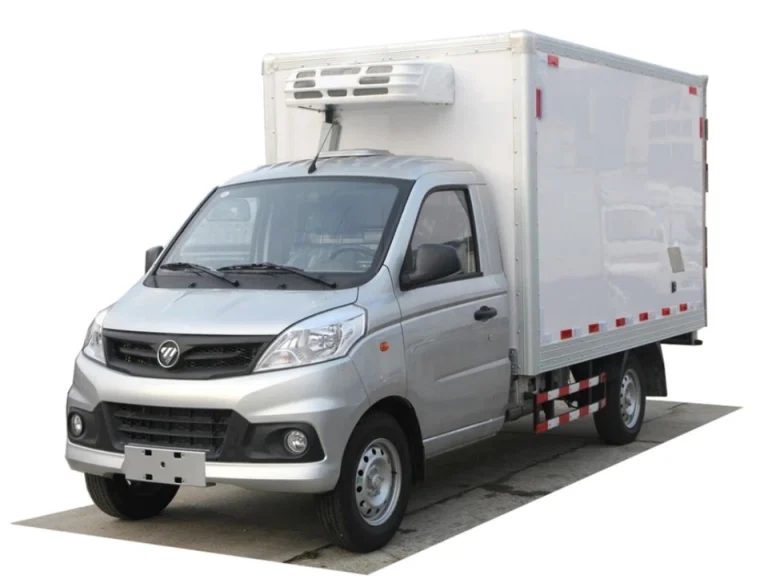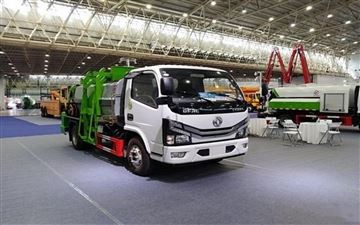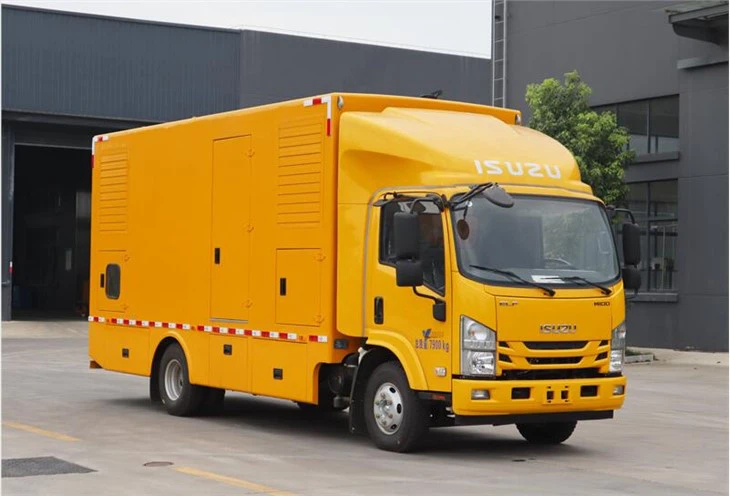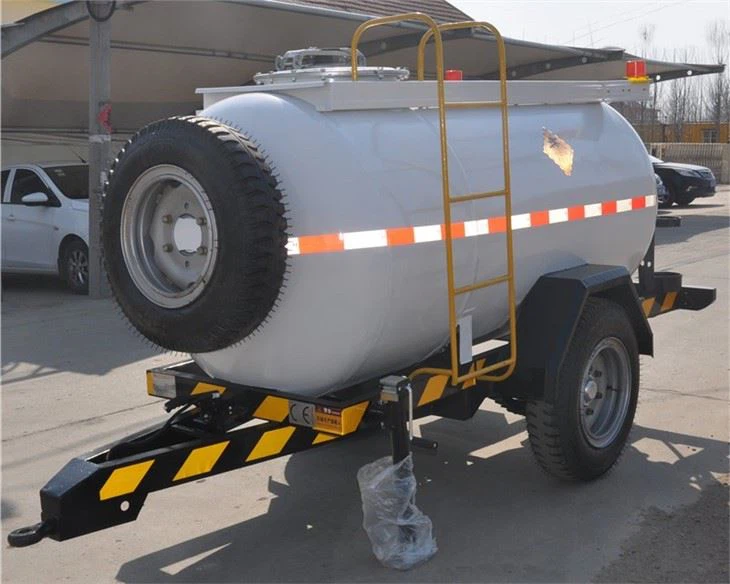The environmental impact of waste management practices has become a crucial concern for cities worldwide. Traditional diesel garbage trucks contribute significantly to air pollution and greenhouse gas emissions. As a response to this challenge, many municipalities are turning to Clean Natural Gas (CNG) garbage trucks as a greener alternative. This article explores the various aspects of CNG garbage trucks, highlighting their benefits, operational considerations, and practical examples of their implementation.
Understanding CNG and Its Benefits
CNG, or compressed natural gas, is a cleaner-burning fuel compared to gasoline or diesel. It is produced by compressing natural gas, which is primarily methane, to less than 1% of its volume at standard atmospheric pressure. The adoption of CNG in garbage trucks offers a range of benefits:
1. Reduced Emissions
One of the most significant advantages of CNG garbage trucks is their lower emissions profile. They emit fewer harmful pollutants, including nitrogen oxides (NOx), particulates, and volatile organic compounds (VOCs). This reduction contributes to improved air quality in urban areas.
2. Cost-Effective Fuel Option
CNG is often less expensive than diesel, making it a cost-effective choice for waste management fleets. With fluctuating oil prices, municipalities can benefit from stable CNG prices, allowing for better budget management.
3. Longevity and Durability
CNG engines are designed for durability, typically featuring longer lifespans than their diesel counterparts. Additionally, the lower combustion temperatures of CNG reduce engine wear and tear.
4. Availability and Infrastructure
Many regions are developing CNG fueling infrastructure. As more stations become available, the logistics of refueling CNG garbage trucks continue to improve, making them a viable choice for waste management fleets.
Operational Considerations for CNG Garbage Trucks
Transitioning to CNG garbage trucks requires careful planning and consideration of various operational factors:
1. Vehicle Selection and Technology
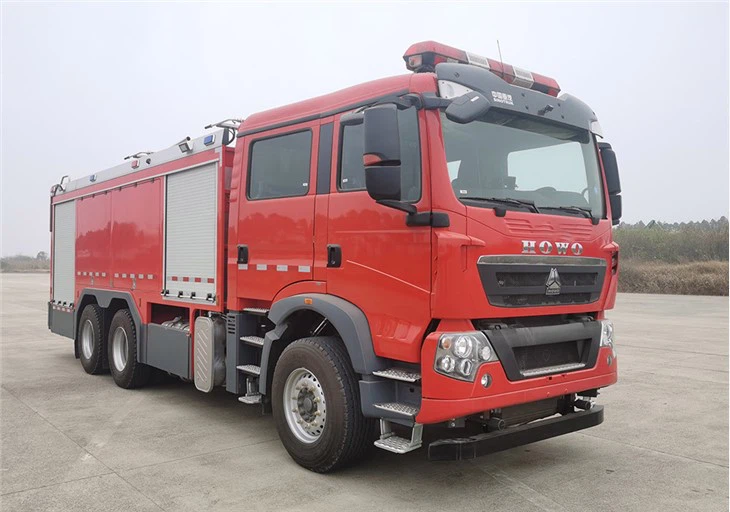
Choosing the right CNG garbage truck model is essential. Factors to consider include payload capacity, efficiency, and engine technology. For instance, many manufacturers now offer models specifically designed for waste collection, equipped with features like automated side loaders.
2. Maintenance Requirements
CNG trucks require specific maintenance practices. While they generally need less frequent oil changes than diesel trucks, components such as CNG tanks and valves require regular inspections. Establishing a maintenance schedule is crucial for operational efficiency.
Sample Maintenance Checklist
| Maintenance Task | Frequency |
|---|---|
| Inspect CNG cylinders | Every 3 months |
| Check CNG valves | Every 6 months |
| Oil and filter change | Every 5,000 miles |
| Engine diagnostics | Every 10,000 miles |
3. Training and Safety Protocols
Operators must undergo proper training to manage CNG vehicles safely. This includes understanding the unique aspects of CNG fueling, including the handling and storage of natural gas. Developing safety protocols is essential for protecting both employees and the public.
Case Studies: Success Stories of CNG Garbage Trucks
Several cities have successfully implemented CNG garbage trucks into their waste management programs. Here are a few noteworthy examples:
1. Los Angeles, California
Los Angeles has been a pioneer in adopting CNG vehicles for its trash collection fleet. The city operates over 300 CNG garbage trucks, contributing to a significant reduction in greenhouse gas emissions. Los Angeles has established multiple fueling stations to support their CNG fleet’s operational needs.
2. New York City, New York
New York City has also embarked on transitioning its waste management fleet to CNG. Through partnerships with various CNG suppliers, the city has implemented an extensive training program for drivers and maintenance staff, ensuring smooth operations of its green fleet.
3. Denver, Colorado
Denver’s waste management department has made significant strides in sustainability by incorporating CNG garbage trucks into their fleet. The city has not only enhanced its environmental profile but has also realized long-term cost savings through reduced fuel expenses and lower emissions-related penalties.
Challenges and Solutions in Transitioning to CNG
While adopting CNG garbage trucks presents many benefits, it isn’t without challenges. Here are some typical obstacles municipalities may face, alongside potential solutions:
1. Initial Infrastructure Investment
Building or upgrading CNG fueling stations requires significant upfront investment. To overcome this barrier, municipalities can explore grants such as those provided by the Environmental Protection Agency (EPA) or collaborate with private partners.
2. Limited Refueling Stations
In some regions, the lack of CNG refueling stations can pose logistical challenges. To mitigate this, cities can work to establish public-private partnerships to expand fueling infrastructure.
3. Public Perception and Acceptance
Some communities may be resistant to change, preferring traditional garbage trucks. To address this, education campaigns can be launched to inform the public about the environmental benefits and safety of CNG technology.
The Future of CNG Garbage Trucks
As cities strive to meet stringent emissions regulations and public demand for cleaner transportation options rises, CNG garbage trucks are likely to play an essential role in the future of waste management. With advances in technology, including hybrid and fully electric models in development, the evolution of eco-friendly waste collection is just beginning.
Frequently Asked Questions (FAQs)
1. Are CNG garbage trucks more expensive than diesel trucks?
While CNG garbage trucks may have a higher initial purchase price, the lower fuel and maintenance costs often lead to significant savings over time.
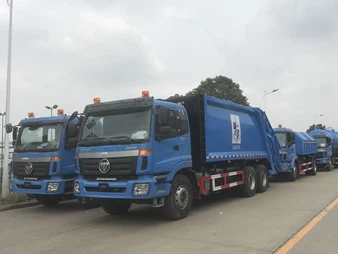
2. How do CNG garbage trucks reduce emissions?
CNG trucks emit significantly lower levels of pollutants such as NOx and particulate matter compared to diesel trucks, contributing to improved air quality.
3. Are there safety concerns with CNG fueling?
CNG is a safe fuel when properly managed. Operators need training on handling and refueling procedures to ensure a safe work environment.
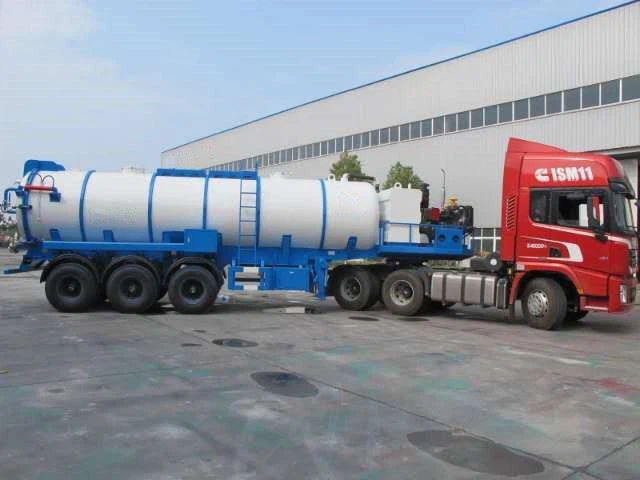
4. What kind of maintenance do CNG garbage trucks require?
CNG garbage trucks require routine inspections of the fuel system, regular oil changes, and general maintenance similar to diesel trucks, but with specific considerations for CNG components.
5. Is there a sufficient supply of CNG available?
Yes, as natural gas reserves expand, so does the availability of CNG, supported by the growth of fueling stations across many regions.
6. Can CNG trucks operate in cold weather?
CNG trucks are designed to operate in cold weather conditions, though operators may need to implement specific measures to prevent issues related to fuel freezing or engine performance.
